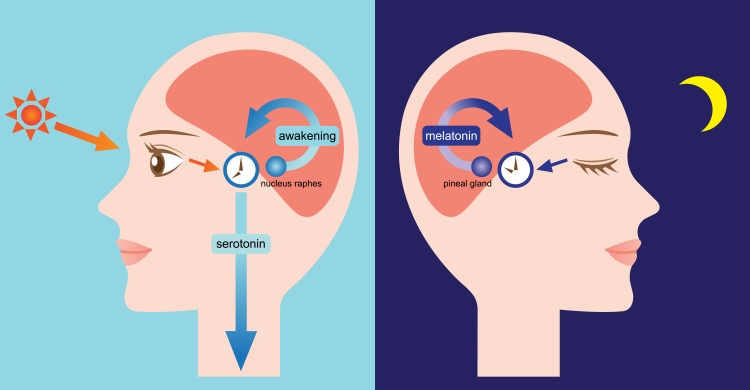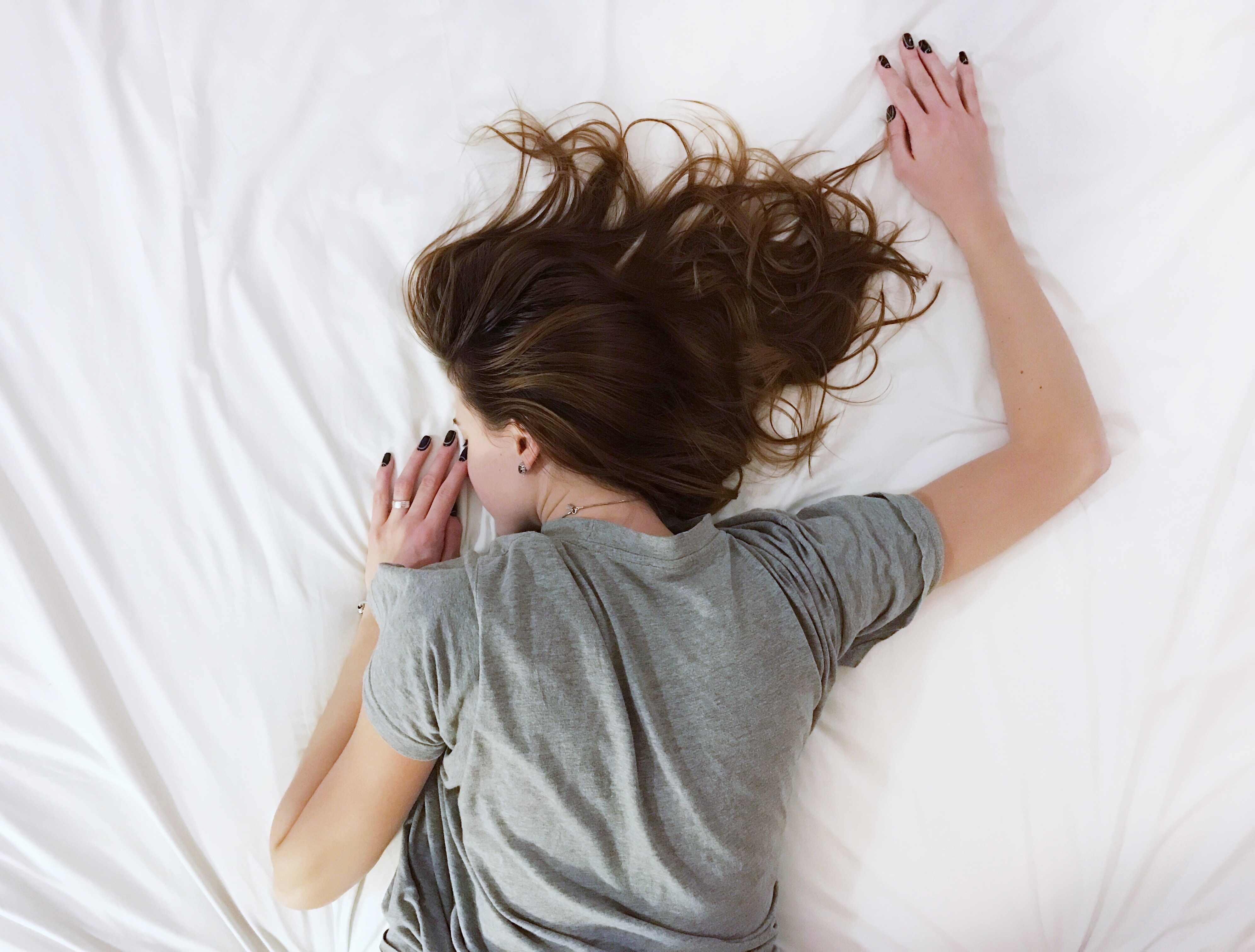Tick-Tock Goes the Internal Clock

Have you ever wondered how your body knows when to wake up, when to fall asleep, or when to eat? Three scientists have discovered how our bodies maintain their rhythm based on the different times of day — the circadian rhythm. Scientists, Jeffrey C. Hall, Michael Rosbash, and Michael W. Young received a Nobel Prize in September for their research and exploration into how the circadian rhythm affects our bodies and lives. Speaking to AUP students, it became evident that students are aware and affected by changes in their 24-hour biological clock.
What is the circadian rhythm and why does it matter to us?
The circadian rhythm is the internal biological 24-hour clock that exists in not only humans but plants, animals, fungi, and cyanobacteria. It reacts and adjusts to external influences such as light and temperature. The three scientists who won the Nobel Prize took the research even further by discovering the molecular mechanisms that control our circadian rhythms.
As college students, getting a full night’s sleep isn’t necessarily always possible whether we have to stay up all night finishing a paper or studying for an exam. Greta English, AUP junior revealed, “after pulling an all night I usually have to take a couple of naps throughout the day and my productivity level is much lower...”
“It usually takes me about two or three days to recover because I consume a lot more caffeine than I usually do and it takes time to go back to my normal sleep cycle.”
Image Credit: Unsplash
Safira Newton-Matza, AUP sophomore, agrees with Greta saying, “Sometimes when I pull an all-nighter doing homework, I won’t go to bed and will just stay up and go to class. I have like no appetite and I’m exhausted all day and eventually, I have to go back to my normal sleep cycle and make up the sleep that I lost.”
Throwing our circadian rhythms off balance not only affects our sleep schedules, but it also affects every organ in our bodies. The NPR discusses the effects of eating late at night when the body’s clock sends signals to not eat because it’s time to rest. When we ignore the signals and eat anyway, the pancreas has to release insulin which resets the pancreas’ “organ timer” which then creates an imbalance in the whole body’s clock circuit.
There are a few ways to get your sleep schedule and circadian rhythm back on track. Of course, these aren't magical cures that will instantly solve your sleeping woes, but they're simple tips that can help. Before trying anything to reset your sleep schedule it is always recommended to contact your general physician. The most common tips for resetting your internal clock are not to nap, using light therapy, and most importantly avoid eating and exercise too close to bedtime.
Maintaining healthy and active lifestyles depends tremendously on the functionality of our circadian rhythms. The scientists’ discovery of the molecular mechanisms that make up the circadian rhythm and further research on how they affect our body’s systems is a stepping stone for further medical advances as many doctors and scientists believe circadian science will be used in medical practice.








